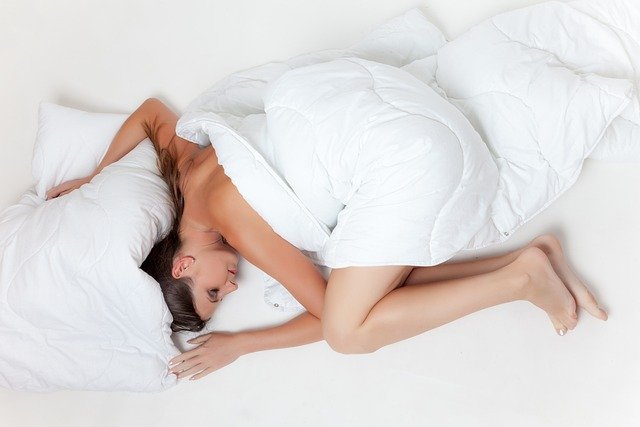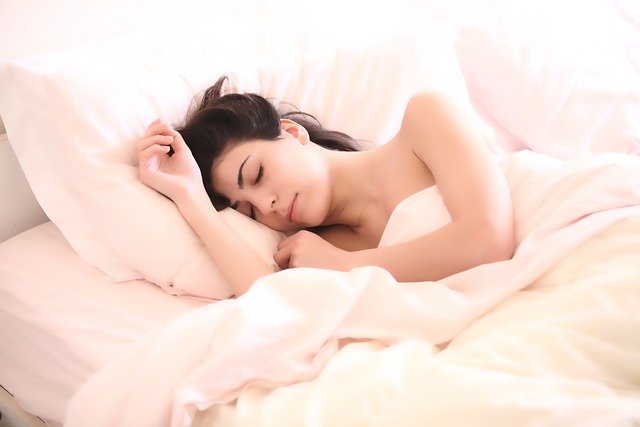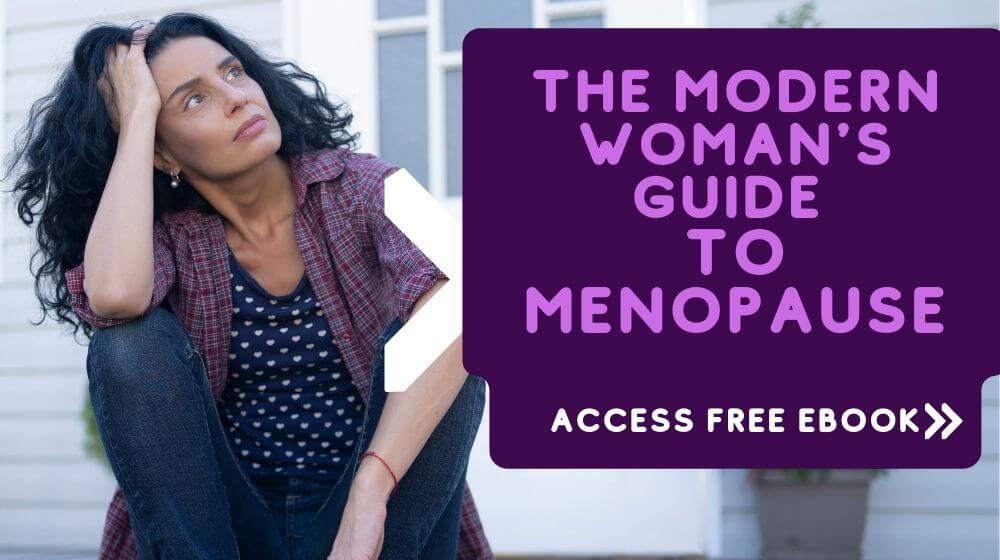If you’re a woman over the age of 45, chances are you’ve started experiencing some changes in your body. Maybe your periods have become irregular, or you’re feeling more tired and anxious than usual. These are all common symptoms of menopause, which can last anywhere from a few years to a decade. But one of the most common—and often most debilitating—symptoms of menopause is insomnia. In fact, according to the National Sleep Foundation, 61% of menopausal women say that sleep problems have made them feel depressed or anxious.
If you’re struggling to get a good night’s rest, you’re not alone. Read on to learn more about the connection between sleep and menopause, and what you can do to get some relief.
What is Menopause?
Menopause is the natural process that marks the end of a woman’s reproductive years. It typically occurs between the ages of 45 and 55, but it can happen earlier or later depending on a variety of factors (including family history). The average age for menopause in the United States is 51.
During menopause, levels of the hormones estrogen and progesterone start to decline. This hormonal imbalance can cause a variety of physical and emotional symptoms, including hot flashes, night sweats, weight gain, vaginal dryness, mood swings, and difficulty sleeping. Some women also experience joint pain, memory problems, and hair loss during menopause.
How Does Menopause Affect Sleep?
One of the most common symptoms of menopause is insomnia, which can make it difficult to fall asleep and stay asleep throughout the night. There are a few different ways that menopause can interfere with sleep:
Hot flashes are one of the most common culprits when it comes to sleepless nights during menopause. Hot flashes are sudden feelings of heat—sometimes accompanied by redness in the face and neck—that can last anywhere from a few seconds to several minutes. They typically happen at night, which can make it tricky to drift off to sleep when your body is suddenly jolted awake by a hot flash.
Another reason why menopause can cause insomnia is that declining levels of estrogen can disrupt the body’s internal temperature regulation system. As a result, women going through menopause may find themselves waking up in the middle of the night feeling too hot or too cold.

Sleep problems can also be caused by anxiety and depression, both of which are more common during menopause. This is partly due to hormonal changes, but it’s also tied to the fact that many women experience feelings of loss or uncertainty at this time in their lives—which can make it hard to fall asleep or stay asleep.
Finally, night sweats can be another reason why menopausal women struggle to get a good night’s rest. Night sweats are episodes of intense sweating that typically occur at night, often during hot flashes. They can leave you feeling sweaty and uncomfortable—and make it hard to fall back asleep once you wake up in the middle of the night.
What Can You Do to Get Relief?
Fortunately, there are a few things you can do to manage your insomnia and get some relief:
• Exercise during the day: Regular exercise has been shown to improve sleep quality and duration. Aim for at least 30 minutes of moderate-intensity exercise per day (such as brisk walking or cycling).
• Make sleep a priority: Try to go to bed and wake up at the same time every day, even on weekends. This will help your body get into a regular sleep-wake cycle.
• Keep cool at night: Hot flashes can make it hard to fall asleep and stay asleep. To keep cool at night, try using a fan or keeping the room temperature slightly lower than usual.
• Avoid caffeine and alcohol: Caffeine can interfere with sleep, so avoid it after lunchtime. Alcohol may help you fall asleep faster at first, but it has been linked to poorer sleep quality and more frequent nighttime awakenings.
• Talk to your doctor: If your menopausal symptoms are causing problems with your sleep, talk to your doctor about possible treatments such as hormone therapy or lifestyle changes that could help improve your symptoms (and your sleep).
If you’re struggling with insomnia during menopause, there are steps you can take to get some relief. By making healthy lifestyle choices and talking to your doctor, you can find ways to manage your menopausal symptoms and get a better night’s rest.





